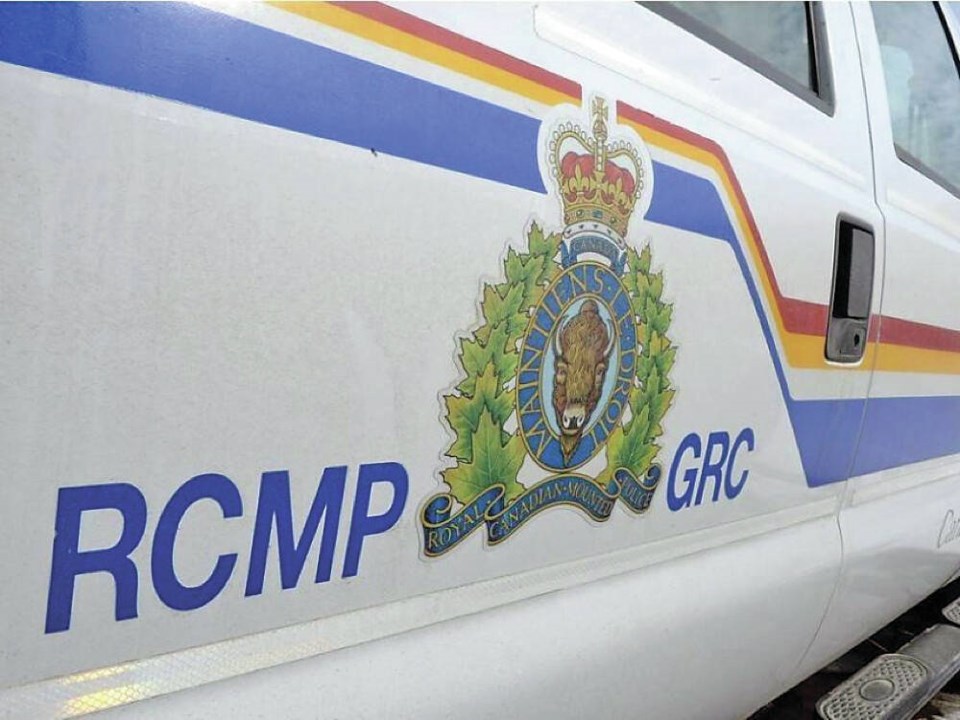Advocates of police reform say they hope the B.C. government will act on recommendations to create a new provincial force following reports that Ottawa is considering revamping the RCMP so it operates more like the FBI and less like a collection of small-town police departments.
However, the head of the RCMP’s national union dismissed suggestions the RCMP is going to give up its local policing contracts.
The debate about the future of the RCMP in B.C. and Canada comes as B.C.’s public safety minister on Wednesday will decide whether the City of Surrey should be allowed to follow through with its plan to undo the transition to a municipal force and return to the RCMP.
Citing federal sources, the Toronto Star reported Ottawa is looking to transform the RCMP into an FBI-like federal police agency that focuses solely on national security, terrorism, financial crimes, cybercrime and organized crime. This could take the RCMP out of the business of front-line contract policing in hundreds of small communities across Canada.
The Star’s reporting says Prime Minister Justin Trudeau, Public Safety Minister Marco Mendicino and senior Mounties, including RCMP Commissioner Michael Duheme, support the idea the RCMP should become an “FBI of the North.”
B.C. has the largest RCMP contract force in the country with 130 RCMP detachments in urban and rural communities and a provincial policing complement under E-Division. The RCMP’s main B.C. contract is up in 2032.
“We should not be having a conversation about renewing the contract with the RCMP,” said B.C. Green MLA Adam Olsen, who sat on an all-party legislative committee which last year recommended the province ditch the RCMP in favour of a provincial force. “We should be putting ourselves in a position to be able to deliver policing services with a new provincial police force.”
While Public Safety Minister Mike Farnworth has indicated there are no immediate plans to get rid of the RCMP, both he and Premier David Eby have expressed concern about RCMP staffing numbers.
The federal government promised last year to review the RCMP’s contract policing role following systemic issues within the national police force’s related to systemic racism, sexual harassment and use of force.
However, Brian Sauvé, president of the National Police Federation that represents 20,000 RCMP officers, said in speaking to senior federal officials, he’s had no indication this review of contract policing will lead to its demise.
“I don’t think [RCMP] contract policing is at risk anywhere in Canada,” he said. “It’s unfortunate that everybody keeps suggesting that the RCMP should become the FBI when we already are,” said Sauvé.
“We’re actually the FBI, the ATF (Bureau of Alcohol, Tobacco, Firearms and Explosives), the DEA (Drug Enforcement Administration), Homeland Security, U.S. Marshals and the Secret Service. We do all of that up here in Canada.”
Robert Gordon, a Simon Fraser University professor emeritus of criminology, has long been critical of the RCMP. He said the status quo is not sustainable and there’s growing outrage among members of the public about the RCMP’s resistance to fundamental change, even in the face of the Mass Casualty Commission’s final report into the 2020 Nova Scotia mass shooting.
The report was a scathing rebuke of the RCMP’s flawed response to Canada’s worst mass shooting and called for sweeping changes to the national force.
“The future of the RCMP and of provincial policing requires focused re-evaluation,” the report found.
“If the RCMP does not seize the opportunity now to make some fundamental, significant reforms, then they deserve what’s coming for them,” Gordon said.
However, Gordon said when it comes to large-scale police reform, he’s concerned both the provincial and federal governments are swayed by votes and the next election cycle.
“I really think that this is all about political timing and not a lot of it is about efficient policing for communities,” Gordon said.
Farnworth said any discussion around police reform “has to recognize that we are facing some significant challenges when it comes to [staffing] vacancies, when it comes to policing in terms of our rural and small communities.”
During a meeting of premiers in Winnipeg last week, Eby expressed frustration over the RCMP’s “unsustainable” vacancy rates. Eby said he and his counterparts shared stories of an understaffed RCMP and its impacts public safety.
“We don’t see a clear path from the federal government about filling those vacancies,” Eby said.
Alberta Premier Danielle Smith shared that concern and mused whether the federal government is deliberately winding down the RCMP through attrition. Numbers provided by the premier’s office from the RCMP show there are at least 200 fewer officers graduating from the training depot in Regina than there are officers leaving the force this year and next.
Mendicino was not available for an interview Monday.
>>> To comment on this article, write a letter to the editor: [email protected]



